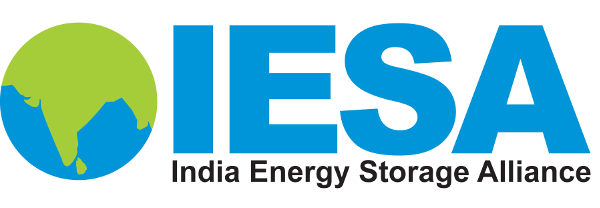Despite advances in overall global electrification rates, access to electricity is still far from universal. As of today, 1.1 billion people remain without access to electricity, which includes over 550 million people in Africa and 300 million people in India alone.
Approximately 87% of people without electricity live in remote rural areas with low population density. The traditional approach to serving these communities is by extending the central grid, but this has proven to be ineffective due to a combination of factors, such as capital scarcity, insufficient energy services, and inadequate grid reliability.
Microgrids — distributed systems of local energy generation, transmission, and use — are being increasingly deployed to address these challenges, particularly in the rural areas of less developed countries.
India has been a pioneer in microgrids since the 1990s. The India Energy Storage Alliance’s (IESA) recently launched the Microgrid Initiative for Campus & Rural Opportunities (MICRO) whose main goal is the reduction of electricity cost from microgrids in India by 20-30% within next three years.
In recent years, similar initiatives have appeared in many other countries, particularly in Asia and Africa, offering a tremendous commercial opportunity to developers and service providers.
In collaboration with IESA, ESA will be launching a new Invitation To Tender in Q1 2017 which will support feasibility studies that identify and explore business opportunities for deploying services based on Satellite Communications, Earth Observation data, and/or other space assets which facilitate the decentralised management of microgrids in India and other developing countries.
Requirements from Indian microgrids stakeholders will be collected by IESA and provided by ESA to the consortia whose proposals are accepted.
Projects will be eligible for 100% funding, up to €200K, for nine months duration. Additional information about this new IAP Invitation To Tender will be published on this site in early 2017.
For more information contact iap@esa.int



